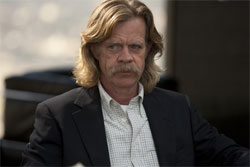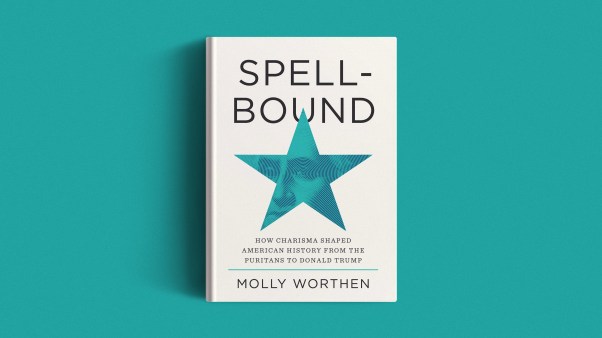Whenever a book is adapted into a film, there are undoubtedly things lost in translation. In the case of author Michael Connelly’s courtroom drama, The Lincoln Lawyer, one of those things for me is quirky: Why is this story defined by the car the protagonist drives?
I assume the book expounds on how defense attorney Mick Haller’s habit of working out of his Lincoln Town Car defines him. But, in the movie, it comes off as a very random hook. Sure, Haller does drive around (or gets driven around) a lot but, I mean, more than most movies? It’s like calling a James Bond movie The Aston Martin Spy.
Still, there may be method behind the title and the film’s car-heavy summaries, like “A lawyer conducts business from the back of his Lincoln Town Car while representing a high-profile client in Beverly Hills.” Saying much more wades into spoiler risk due to a quick-moving, winding mystery with legitimate surprises.

Haller (Matthew McConaughey, in a return to his confident rogue mode of A Time to Kill) relishes his job of upholding his half of the justice system: defending those who no one else will—and who can pay for it. He makes deals, pays bribes, engineers con jobs, or does whatever it takes to ensure the most favorable result for his clients. The movie focuses on two cases: The first, an old case, where he got life in prison for a man instead of the death penalty. The second, a new case involving a rich young playboy (Ryan Phillippe) charged with attempted rape.

Facing the facts of both cases leads Haller to the fulfillment of a lifelong fear—representing someone truly innocent—and the emergence of a new fear. “You know what I used to be afraid of?” Haller says. “That I wouldn’t recognize innocence. Not guilty or not-guilty. But pure innocence. That it’d be standing in front of me and I wouldn’t know it. You know what I am afraid of now? Pure evil.”
While the film’s touching upon moral issues is fairly light, they are sold by Haller’s complex character. In a shallow cynical sense, one could dismiss him as moviedom’s classic shady guy with a heart of gold. But as the film progressed, I respected the depth of the character more. Haller is routinely barraged with defense attorney flack from cops, prosecutors, etc. A common sentiment: “I’m fighting to keep dirtbags off the street and you keep putting them back there!” Yet, Haller is not conflicted by the morality of his job. He believes in the justice system and sees a need for both halves of it: those who seek punishment and those who stand for the rights of the guilty. Lawbreakers, too, need a defender because hyper-vigilant cops who would do all they could to destroy them.

Haller’s job is to get the defendant off the hook—no matter what. And so, what eventually cracks the smooth Haller is not the idea of allowing a guilty man back on the streets but of letting an innocent be punished.
McConaughey’s performance is stellar; he’s just fun to watch. His infectious, casual personality—and a short appearance from William H. Macy—electrifies an otherwise standard paint-by-numbers courtroom thriller that skates by, doing just enough to please. The plot is little more than anything you’d see on any number of TV crime shows, but it’s attention-grabbing and tense enough that if there were pages, you’d be turning them.

While The Lincoln’s Lawyer’s themes of innocence and evil—and the defense of both—provide some thought grist, I assume the book delves deeper into the heart of darkness. And explain why that Lincoln Town Car matters.
Talk About It
Discussion starters- What is your opinion of Haller? How do you gauge his moral compass?
- How do you think Haller defines “pure innocence” and “pure evil”? What’s the difference between “not guilty” and “innocent”?
- What do you think of for-hire defense attorneys? Do you feel they are scum looking to make a buck and keep criminals on the streets? What moral crises do you think they must face?
- Haller seems to believe that no matter what he does, the justice system will balance out: the innocent will be redeemed and the guilty will be punished. Does it work that way? Do you trust it?
The Family Corner
Parents to ConsiderThe Lincoln Lawyer is rated PG-13 for some violence, sexual content and language. Haller’s cases deal with prostitution, drugs, and sexual violence (including a scene of violent rape at knife-point and an attempted rape). There’s a sex scene that is passionate but doesn’t show nudity. Take the language warning seriously.
Photos © Lionsgate.
Copyright © 2011 Christianity Today. Click for reprint information.












